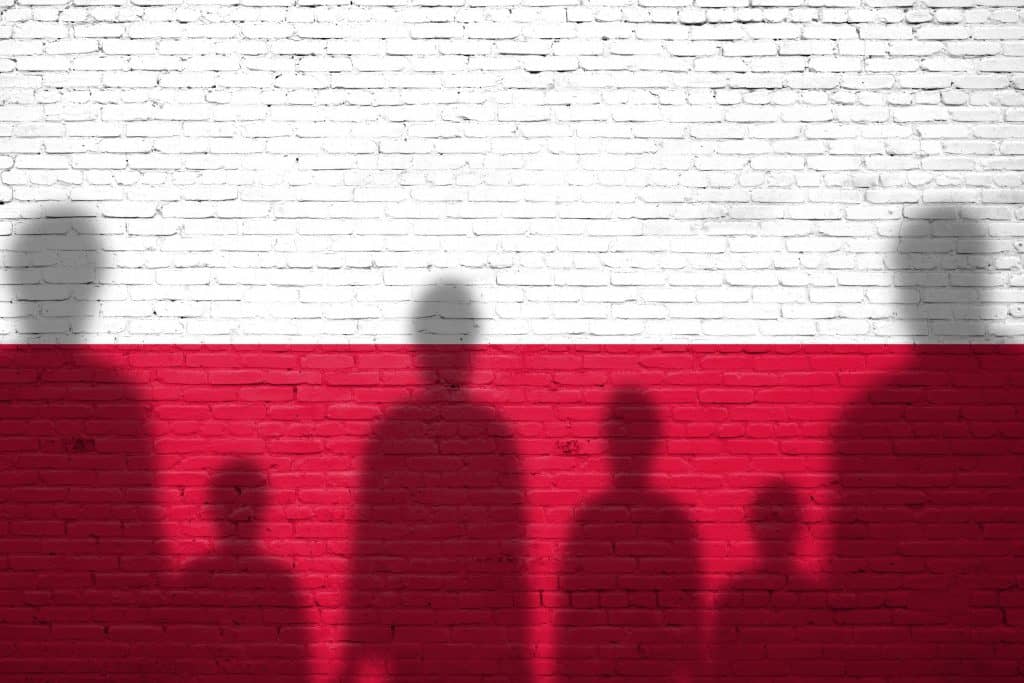In light of the Russian invasion of Ukraine, some people are wondering whether it is safe to travel to Poland and asking about the effect that the war has on our country. With a lot of misinformation abundantly shared on social media, getting a true image of the situation may be difficult, so here’s a bit of an insider’s view.

Is traveling around Poland safe?
Yes. If you ask tourists that have recently visited Poland, they'll testify to that.
We realize how much misinformation there is in the media and on the Internet, but the truth is that Poland still remains one of the safest places in the world to travel to, with a low crime rate, no shootings, no terrorist activity, no dangerous animals, earthquakes or dangerous weather phenomena.
When considering the safety of traveling to Poland, it’s important to avoid relying on rumors or sensationalized posts circulating online, which often spread misinformation. Instead, the most reliable resource is official government guidance, such as the U.S. Department of State’s travel advisory. As of today, Poland is rated Level 1: Exercise Normal Precaution (the lowest risk level), making it technically safer than popular destinations like Germany or France, which are ranked higher risk. Yet, few people ever question the safety of visiting those countries, which highlights how easily perception can be skewed when not grounded in facts.
Is the war in Ukraine a threat to Poland?
No. According to experts, with Poland being part of the European Union and a NATO member state, an armed conflict is considered to be highly unlikely. Neither Polish citizens nor tourists visiting Poland have anything to worry about. The Polish government is doing everything they can to ensure our safety. As a precaution, NATO has strengthened the eastern flank near Ukraine. The war in Ukraine should not have a direct impact on the travel plans of visitors to Poland.
Are there any travel restrictions in Poland?
No new travel restrictions have been introduced in Poland following Russia’s invasion of our neighboring country. Flights to Poland are operating as normal. The most popular tourist destinations are not located close to the border. What is more, the military action in Ukraine is taking place in the east, far away from the Polish border (find out more by looking at this map).
All tours are going according to plan. Generally, Poland is safe to travel. That’s the message we get from our authorities. That’s how we feel. And that’s the message that is given by foreign offices of other countries. Naturally, you should not attempt to cross the border into Ukraine, though.
 LET'S DESIGN YOUR TOUR!
LET'S DESIGN YOUR TOUR!
